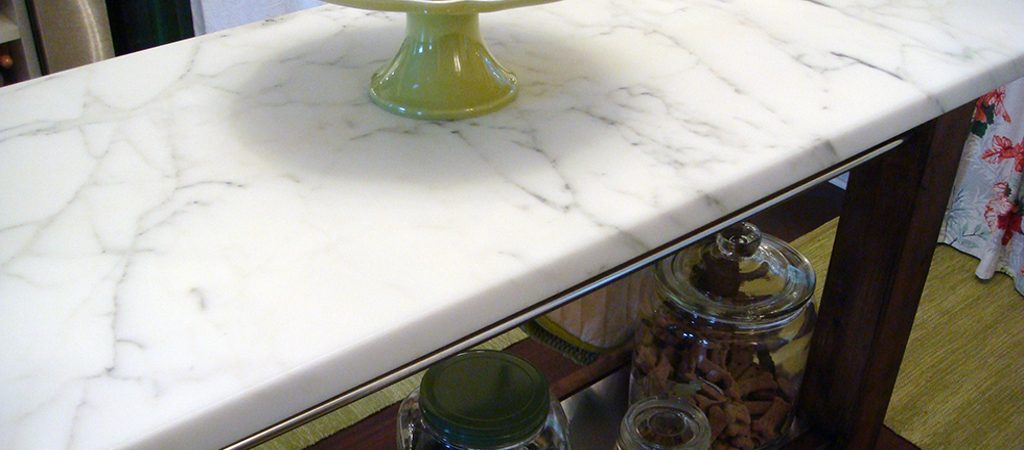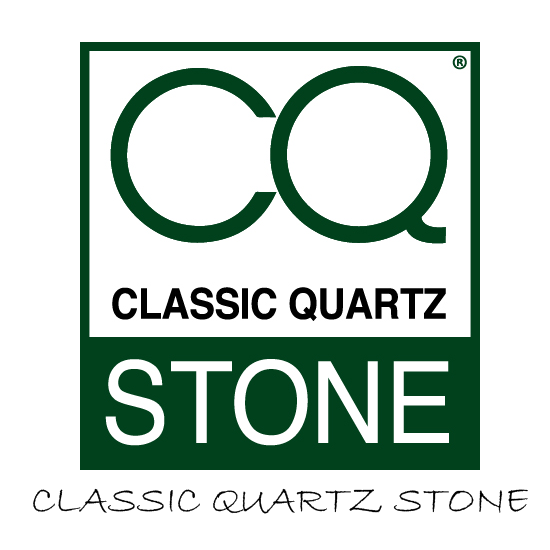Carrara Quartz vs Real Marble Stone - Pros & Cons

Marble is considered the most beautiful stone by many, but it can be very high maintenance. Now you can have a very similar effect, but with less maintenance. In quartz’s range, you can find great replicas of the real marble, including one of the most famous- Carrara marble.
Carrara is recognizable by the white or light grey background and very soft pattering. It is a perfect choice if you want a pattern, but want it to be a bit more subtle. As with any other material, these two have their pros and cons, so continue reading to find out about them.
Quartz is non-porous
When it comes to resistance to staining, quartz is unmatched. It has a completely non-porous surface that doesn’t absorb liquids and water. Even the most persistent liquids will not be able to leave a stain on quartz surfaces. On the other hand, marble is porous and it can get stained quite easily. You will have to pay a lot more attention not to spill liquids on your marble then quartz surfaces.
Quartz is more scratch proof
Quartz is a very hard stone that will not get scratched even if you cut directly on it. However, that is not the case with marble, because it is much softer. You will have to make sure to always use a cutting board with it.
Marble is more unique
Marble is a natural stone, while quartz is engineered. This means that marble’s pattering will be more unpredictable and unique compared to the pattering on quartz. Both can be an advantage and a disadvantage, depending on your likings.
Marble is not slippery
Marble can be a better option for floor tiles because it has a rough surface that is not slippery. Quartz, on the other hand, has a sleek surface that can be slippery when wet.
Quartz requires less maintenance
The cleaning of both is handled with just soap and water, but there is a big difference in the ease of removing spills. With quartz, you will not have problems removing spilt wine or coffee, while on marble they can be tougher or impossible to remove. In addition to that, quartz doesn’t need sealing, while marble requires it 3-4 times a year.
Quartz is UV sensitive
Quartz surfaces are made of quartz stone, resins and polymers. Exposure to UV rays can lessen the bond between these components. For this reason, quartz is not the best option to use outdoors. On the other hand, marble doesn’t have restrictions when it comes to outdoor use.
Quartz has a wider colour palette
Since quartz is manufactured, it can be almost any colour. It can look like other stones, like marble or granite. Marble doesn't have such a wide variety of colours since it is a natural stone, but it has some of the most beautiful and recognizable colour options.
Both materials have their pros and cons, but Carrara quartz certainly has better mechanical performances. On the other hand, you can’t argue with the beauty and uniqueness of marble. At last, it is up to you too vague your preferences- better mechanical performances or uniqueness?
Need more information about quartz slabs? Please, feel free to contact us.
